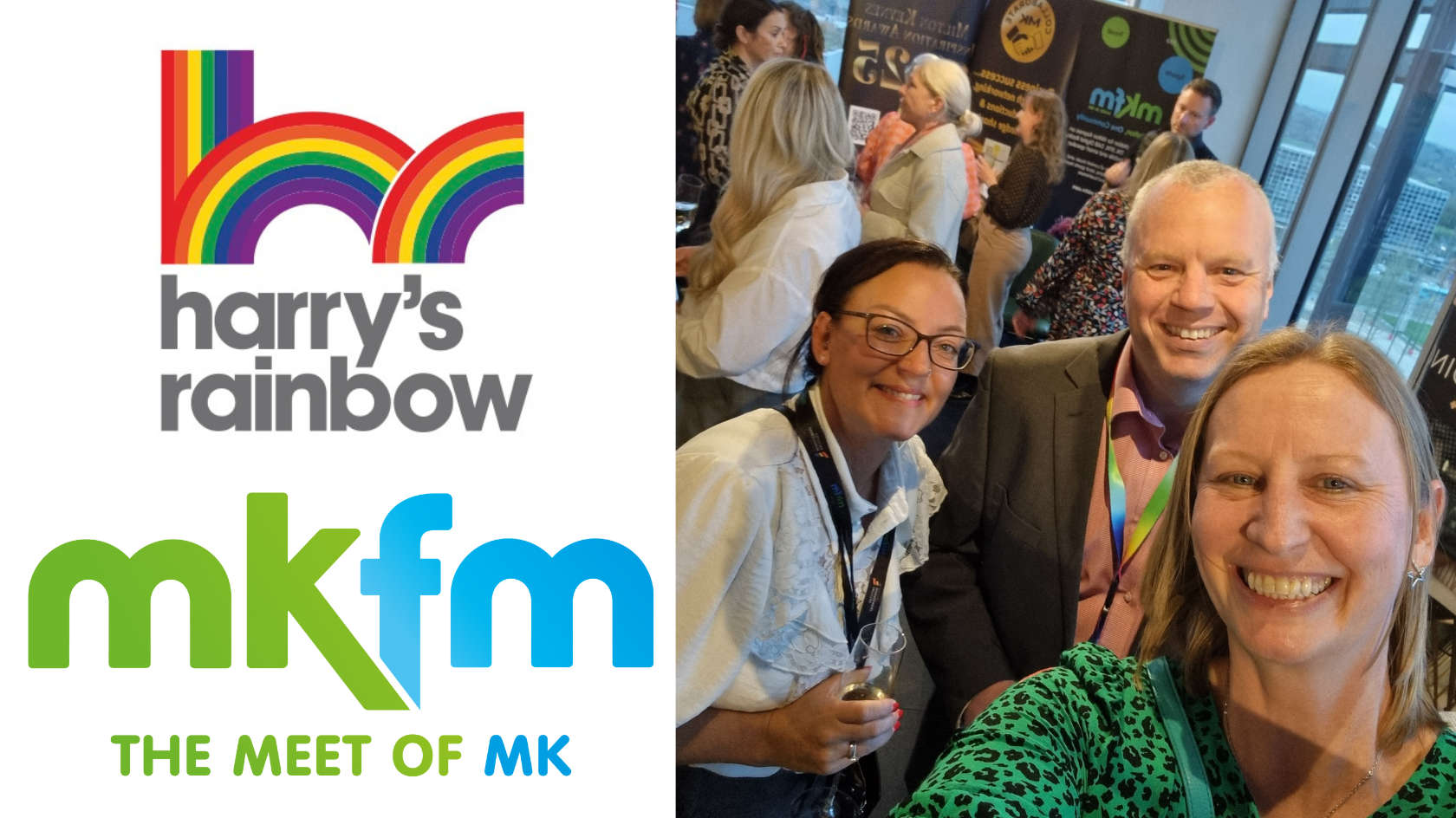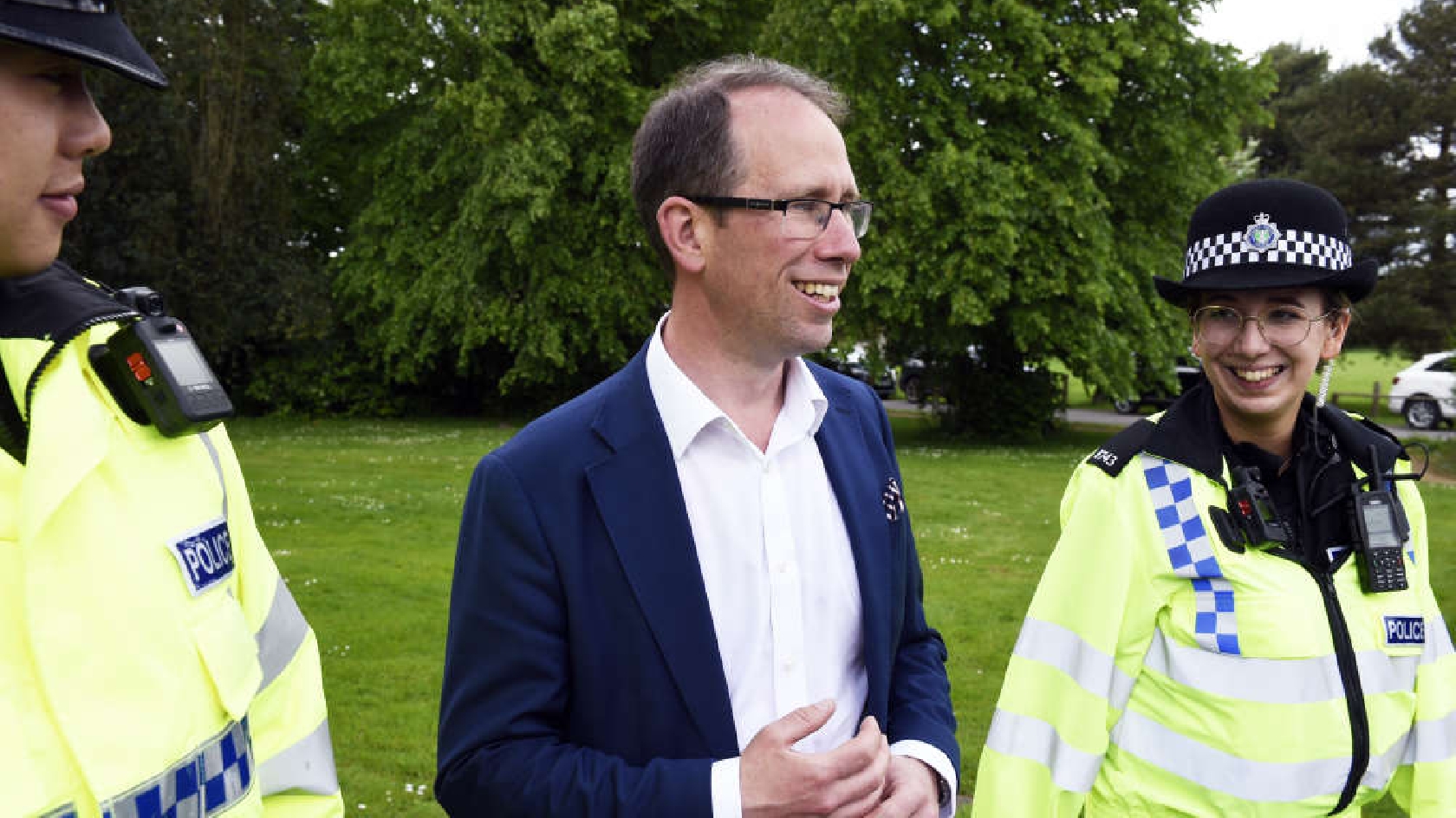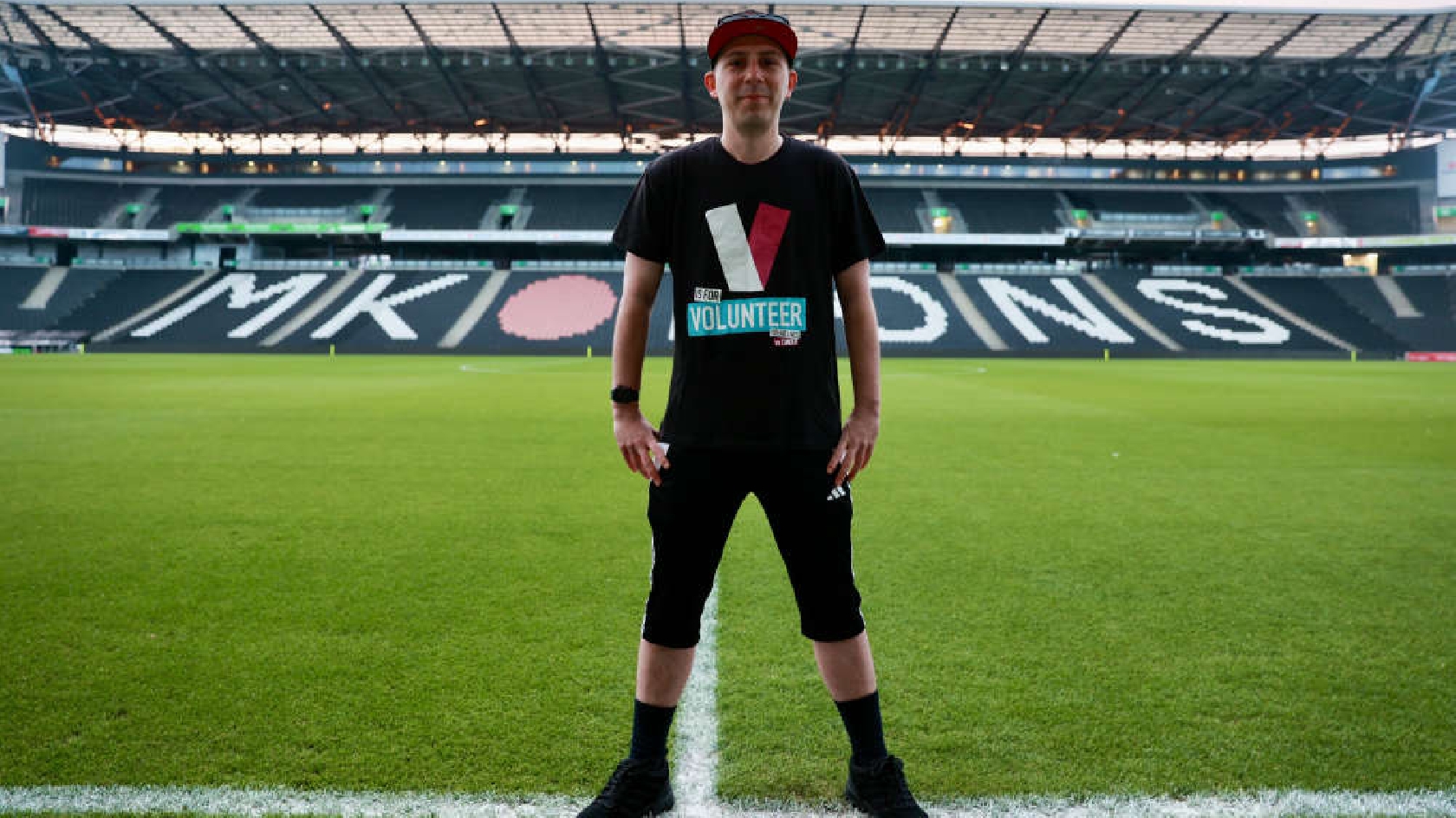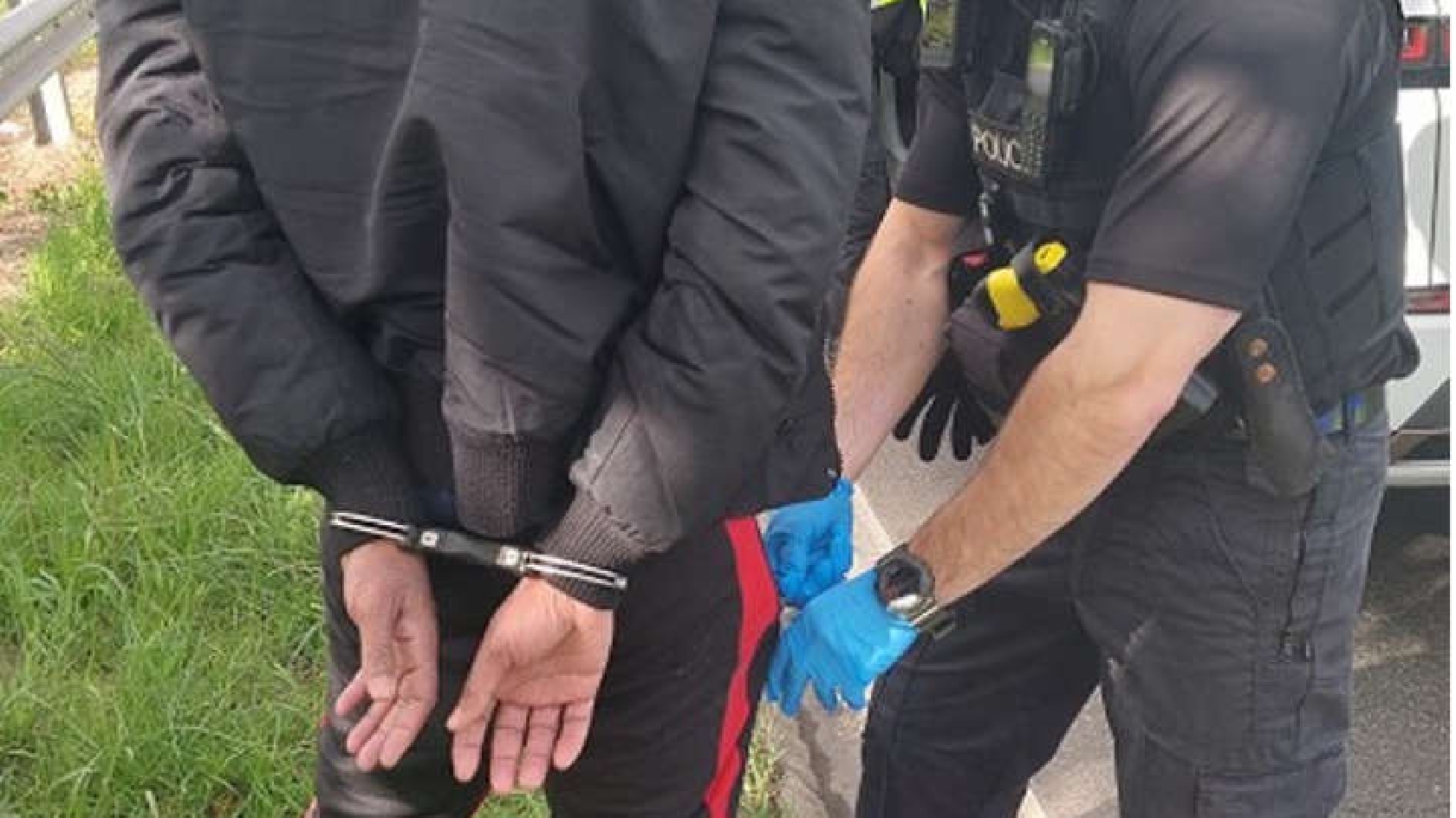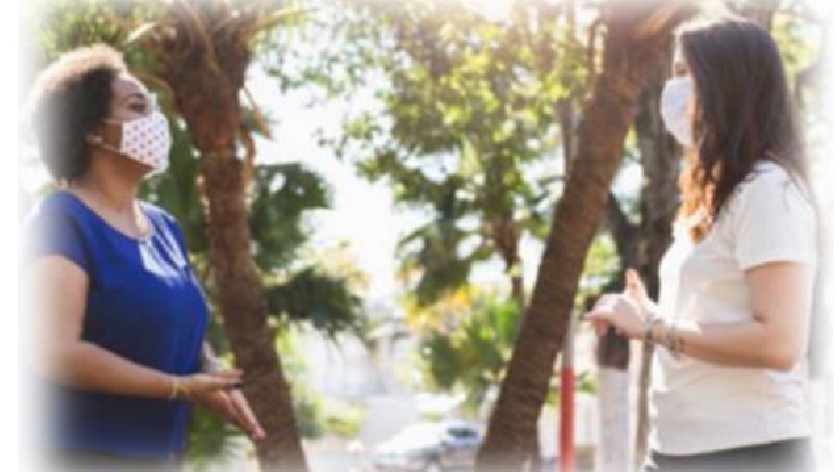
The easing of restrictions may bring mixed feelings. Share these tips and advice with friends and family on how to keep on top of your mental wellbeing and cope during times of uncertainty.
The easing of restrictions may bring mixed feelings. You may be happy about being able to resume the things you enjoy like playing sports, getting back to work, seeing friends and family (even at a social distance). But you may also be feeling worried about the lifting of restrictions or the possibility of another lockdown.
What you might be feeling about restrictions easing
You might feel relieved or excited now restrictions are eased. But you might also find yourself feeling less positive about some of the changes. When you go back to something you used to do it may feel unusual or strange - you might feel fearful and anxious. Even everyday tasks like shopping may feel different as routines have changed like one-way systems and face coverings.
You may move through a range of feelings and thoughts:
-
Stressed and unprepared
-
Anxious or afraid
-
Angry or frustrated
-
Conflicted or confused
-
Protective of your lockdown routine
These feelings are reasonable and expected. It is OK to feel this way, share your concerns with others you trust, or you could try one of the helplines listed on this sheet. You may have to learn to cope with new and changing situations. Be aware that it may take time to adjust to necessary changes – it is important to take things at your own pace and be kind to yourself.
Remember it is important to look after your mental wellbeing during this time. Looking after your mental wellbeing will help you process and manage the feelings you are experiencing.
Below are some tips and advice on how to keep on top of your mental wellbeing and cope during times of uncertainty. Share these with friends and family to look after yourself and those you care about.
It is important to note that if you are really struggling with your mental health and it is disrupting your everyday life seek professional help, talk to your GP. You can also contact the local services and support organisations listed in the useful contacts.
If you or someone you know need urgent mental health support, you can contact the CNWL Crisis line on 0800 023 4650.
Mental wellbeing – top tips
- Connect with others. Maintaining healthy relationships with people we trust is important. Talking about how we are feeling can be really helpful. Stay connected via email, social media, video calling, telephone and social distanced walks. If you haven’t got anyone to talk to or you are struggling, you can call emotional support lines like the NHS volunteer service who provide a ‘check in and chat’ service call 0808 196 3646 or one of the helplines listed under useful contacts section.
- Be active. Our physical health affects how we feel. It is important to eat healthily, drink enough water and exercise regularly. If you can, try to build simple physical activity into your daily routine like a home work out, a run, gardening, dancing to music, or seated exercise. Visit www.nhs.uk/live-well/exercise for information and advice.
- Take notice and focus on the present. Engage with nature. Open the windows to get fresh air, watch the birds, tend to houseplants, listen to natural sounds apps. Notice the change in seasons. Find out more about being mindful here.
- Stick to the facts and limit your news intake. Do not stay glued to the news. A constant stream of news can cause anyone to feel anxious or distressed. You could set yourself a specific time to read updates or limit to checking a couple of times a day – use trustworthy sources such as GOV.UK or NHS
- Have a routine. Wake up and go to bed at healthy times, get enough sleep. Include time to relax. For tips on sleep visit the Every Mind Matters Sleep page.
- Do something you enjoy and keep your mind active. Find something of value in your day and do something for yourself (watch a favourite programme, do crosswords, art and crafts, cooking, gardening, reading a book)
- Work and finance. You might be worried about money, have lost your job or are concerned you might become unemployed – these issues can have a big impact on your mental health and wellbeing. Visit here for tips and advice on coping with money worries and job uncertainty during COVID-19.
- Looking after a child or young person. The past year has been hard on everyone, including our kids. But there are lots of things we can do to support them at this time. Be there to listen, stay involved in their life, support positive routines, encourage their interests, take what they say seriously. Find tips on supporting children or young people here.
Contacts and links to additional support
Local Services
MK Talk for Change - Offers access to talking therapies and mental health care, including a weekly webinar for those individuals who are experiencing difficulties with Covid-19 or associated with isolation
Tel: 01908 725099 / support@talkforchange.org.uk
Mind BLMK - Existing services replaced with phone and/or email support on
Tel: 0300 330 0648 / hq@mind-blmk.org.uk
Kooth Online counselling for young people
Milton Keynes Age UK - Telephone befriending service
Tel: 01908 550700 (Monday-Friday 9am-4pm)
Mental Health Crisis - If you or someone you know needs urgent mental health support you can call the CNWL crisis line
Tel: 0800 0234650
Mind MK Crisis Café - Open 5-11pm, 7 days a week.
Tel:01525 722225
Official guidance - www.gov.uk/coronavirus www.nhs.uk/conditions/coronavirus-covid-19/
Useful links
Every Mind Matters - From early September Every Mind Matters will provide information to support children and young people
www.nhs.uk/oneyou/every-mind-matters/
Heads Up – men's mental health campaign
Five ways to wellbeing
www.milton-keynes.gov.uk/5waysmk
Mind
www.mind.org.uk/information-support/coronavirus-and-your-wellbeing/
Mental Health Foundation
www.mentalhealth.org.uk/coronavirus/comin g-out-of-lockdown
Age UK
www.ageuk.org.uk / Tel:0800 678 1602 (8am-7pm)
Helplines
Samaritans - www.samaritans.org / Tel: 116 123
Shout Crisis Text line - Text Shout to 85258
CALM - www.thecalmzone.net / Tel:0800 58 58 58
Our Frontline – support for frontline workers.
Text: FRONTLINE to 85258 or call 116 123 for a conversation with a trained volunteer www.mentalhealthatwork.org.uk/ourfrontline
National Debt Line – free and independent advice
Tel: 0808 808 4000 9am-8pm Monday-Friday or visit www.nationaldebtline.org





